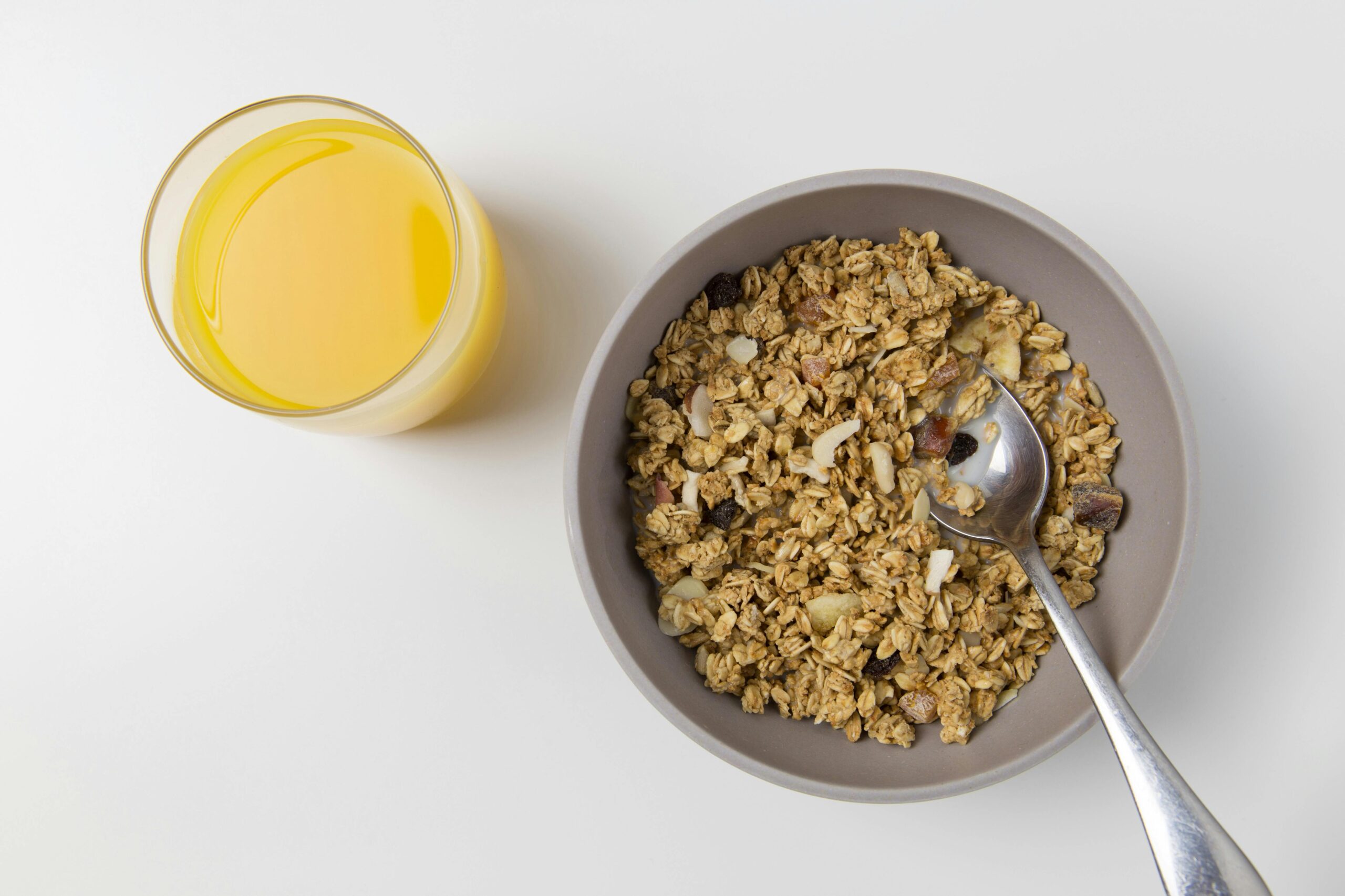Weight Fluctuations – If you like to weigh yourself every day, you will probably see the numbers on the scale change each time you step on it.
Maybe you really lost or gained, but maybe your fat reflects some influential and sincere change in your daily life. If you consistently eat, exercise, and drink some of the same things every day and then weigh yourself at the same time, your weight will be relatively stable over time.
Top 6 Reasons for Weight Fluctuations:
Discuss the many reasons for a benign but frustrating experience and what you can do about it.
1. Physical Weight of Food and Drink:
Systemic calories and nutrients from food and drinks result in weight gain, loss, or maintenance. The actual mass of food or drink has absolutely nothing to do with the number of calories that impact weight in the short term.
If you drink 2 cups of water-a nearly calorie-free substance-and then get on the scale, you’ll find that you weigh one pound more, thanks to the volume of the liquid. But it surely doesn’t mean that you really possess 1 pound of muscle, fat, or other body tissue.
For this reason, it is best to weigh yourself first thing in the morning before swallowing anything. However, if you eat a large meal the night before, it is not fully digested and may be a higher number on a scale.
2. Carbohydrates and Sodium:
Fluid balance is another cause for pseudo weight gain. The conventional sweating and dehydration would bring about weakness but water retention from sodium and carbohydrates is a reason for pseudo weight loss.
There are some exercise scenarios, such as pre-exercise and carbohydrate loading, which require high levels of carbohydrate intake to load and burn glycogen in the liver and muscles during exercise and competition.Good access to energy, but for every 1g of carbohydrates saved, you need 2-3g of water to choose this.
This water falls off when carbohydrates are burned. Explain why the gains are only momentary. Sodium is a nutrient that accounts for water balance and eating a salty diet can upset the water balance between the stomach and the vascular system, making it difficult for the body to regulate water, resulting in a sensation. of fullness and swelling. to be out remains.
People who sweat violently frequently have harmful white residue on their skin and clothing after training and have daily demands that far exceed the general public’s recommended intake of 2,300 mg / d.
3. Sweat:
Water loss is one of the significant reasons for quick weight alteration. Most athletes suffer from dehydration because of intense training hard, especially when the conditions are hot and wet.
If an individual loses 2% of their body weight through dehydration before weighing which was not replaced before weighing, then it leads to the 160-pound adult gain “losing” 3 pounds. Weighing yourself before and after your workout will increase your sweat rate and help you replenish lost fluids more accurately.
4. Day of the Week:
Our diet varies from week to week. The weeks generally start off with a healthy inspiration on Mondays and slowly taper off as you move towards happy hour and takeout on the weekends.
Studies show that this eating cycle is revealed on a scale that uses maximum weight from Saturday to Tuesday and then decreases as the body adapts and processes different intakes.
This cycle should be licensed for normal fluctuations rather than credited for actual weight loss.If you want to cut back on this daily weekly regular diet, then try to maintain a healthy diet for the next 7 consecutive days.
5. Hormones:
The stress hormone cortisol may peak on days following exercise and on other days of heightened physical or emotional stress. This hormone accelerates digestion, fluid retention, metabolism, and inflammation in the body which undermines appetite.
Women are also sensitive to weight fluctuations through the menstrual cycle. A combination of dietary changes and fluid retention means that most girls maintain their highest load on the first day of menstruation and are the cheapest in the middle follicular phase.
There’s not much you can do about monthly fluctuations in female hormones, but relaxation techniques and a diet high in anti-inflammatories can be manipulated to reduce lifestyle anxiety and general inflammation.
6. Defecation:
Food moves in large quantities, so it comes out in large quantities. Studies show that you shed about a quarter of a pound of stool a day. If you have a bit of backing, measuring the scale can add up.
Dietary fiber helps motivate food waste that is excreted from the intestines. Athletes are not recommended to consume between 25 and 30 g of fiber per day due to active lifestyle, dependence on game foods, and anxiety from gastrointestinal disorder during performance. Along with a fibrous diet rich in plant foods, our goal is to maintain regular bowel movements with adequate hydration.
Conclusion:
Weighing each morning allows you to participate in the changes in your consumption scale, training, anxiety, etc., and gain a general understanding of how your body reacts in general. However, observing continuously changing numbers can be tedious, and studies report that continuous fluctuations can lead to negative thoughts. If you want to lose or win, remember everyday problems rather than long-term trends.
Think about your average weekly weight. Weigh daily, write it down, include 7 weights up at the end of each week, then divide by 7. By doing this month, you will be able to see if your weight is increasing or decreasing, averaging small ups and downs that do not reflect precise weight changes.



















Leave a Reply